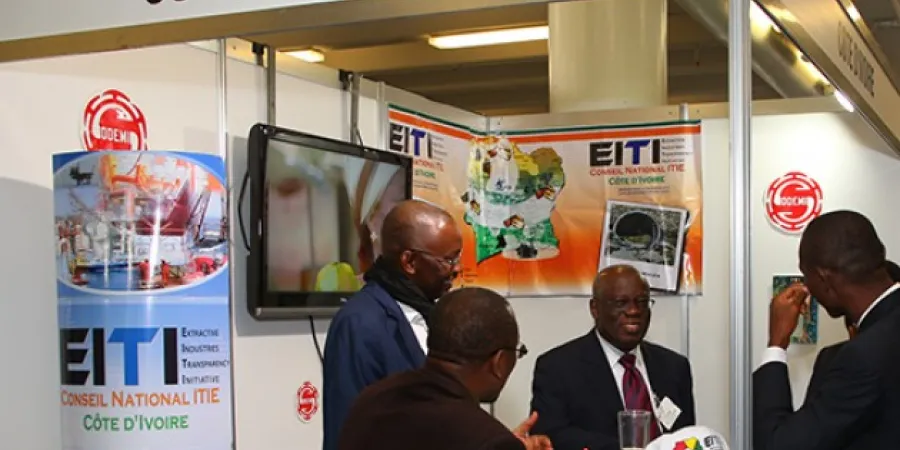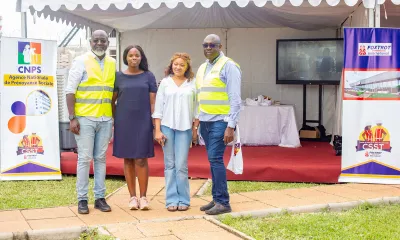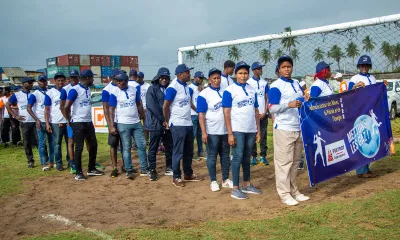
The Board congratulated the government and EITI National Council of Côte d’Ivoire for their sustained commitment and leadership of the EITI process, and for the systematic and collegial implementation of the EITI. The Board also called on the government and stakeholders to maintain this level of cooperation and commitment to ensure Côte d’Ivoire maintains its EITI Compliant status.
N’dri Koffi, the President of the EITI National Council in Côte d’Ivoire, said that while the fact his country was now EITI Compliant, his government was committed to continue improving the EITI from year to year.
Improved quality of the 2011 EITI Report
The Board particularly commended the improved quality of the country’s 2011 EITI Report compared to the previous report. This was a key corrective measure which the Board had requested ahead of the country’s second EITI Validation. In the 2011 EITI Report all companies have reported their payments. It shows that the government received over US$ 393m in taxes, fees and royalties from the oil, gas and mining sectors in the fiscal year 2011. Overall discrepancies between payments amount to 1%. It establishes that the oil and gas sectors yielded 93%, and the mining sector 7% of revenues in that year. It shows that oil and gas revenue went up from US$ 220m in 2010 to almost US$ 300m in 2011. Mining revenue almost doubled between around US$ 15m in 2010 and US$ 23m in 2011. The EITI Report confirms that the extractive industries were 10% of overall fiscal revenues of Côte d’Ivoire, up from 6% in 2010.
Côte d’Ivoire underwent its first EITI Validation in November 2010 but did not reach Compliance. During the political crisis and conflict following the November 2010 presidential elections, the 2008-2009 EITI Reports could not be finished. Without this important element to measure the quality of EITI implementation, the Board had to conclude on 25 October 2011, that Côte d’Ivoire had made meaningful progress in implementing the EITI, and required a second Validation by 25 April 2013.
In accordance with the EITI Rules, Côte d’Ivoire must now undergo an EITI Validation within five years. Côte d’Ivoire is also required to produce EITI reports annually and publish a public report annually on the previous year’s activities.
Implementation of EITI in Côte d’Ivoire has been supported by the EITI Multi-Donor Trust Fund, which is administered by the World Bank.




